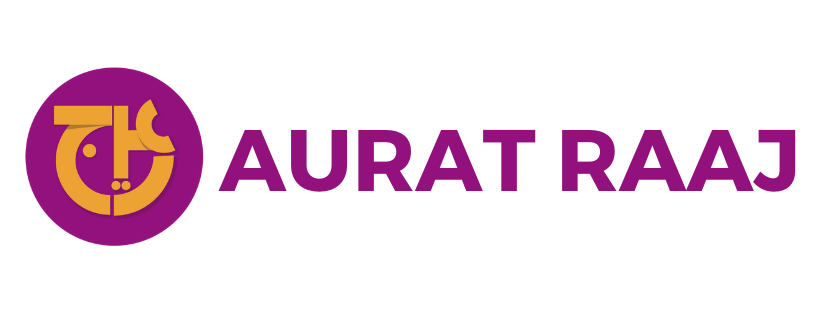 Photo by Firmbee.com on Unsplash
Photo by Firmbee.com on UnsplashIt's a chill Sunday night, and you're struggling to get out of bed because this new show on the OTT platform is way too binge-worthy for you to make up for the Monday work.
Suddenly your phone buzzes and you pick it up to see if it's something important, but it's the same old distant uncle sending you a forward video on Facebook that you've already seen before.
You roll your eyes and play the show again when the phone buzzes one more time. But this time, it's not your uncle.
A random stranger requests you to add him on Facebook.
You ignore the notification and continue with the show when a message pops up and it's from HIM again.

Scenarios like these aren't new to most people with a social media presence. In most cases, we might even brush such indifferent situations under the rug because they generally seem harmless.
But are such acts really that harmless?
What is cyberspace and how does it affect my security?
 Cyberspace is a complex system of interconnected networks that allow people from all over the world to communicate with one another.
Cyberspace is a complex system of interconnected networks that allow people from all over the world to communicate with one another.
In simple words, all the digital communication platforms combined form cyberspace.
Both men and women use this space to build their careers, educate themselves, find new opportunities, expand and establish businesses, and stay connected with people from all around the world.
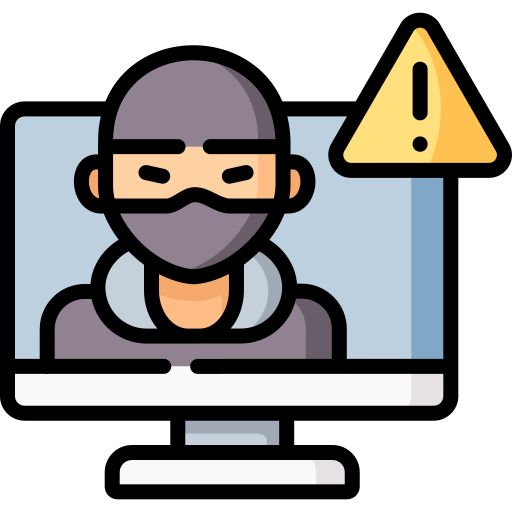
Nonetheless, in recent years, more women than men have come forward with cases of privacy invasion in cyberspace, making them feel unsafe, threatened, and vulnerable.
How are women at risk?
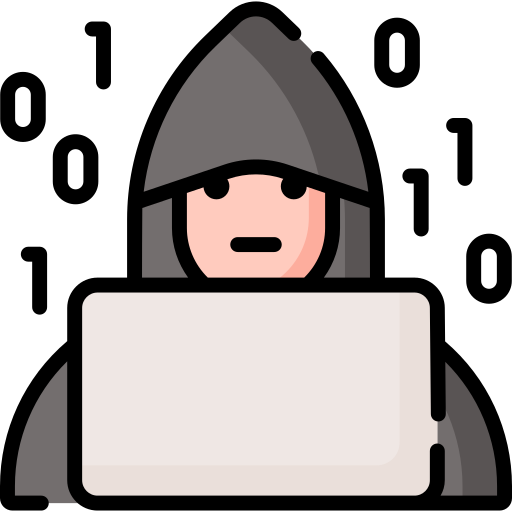
It's unfortunate that in this high-tech era, millions of women remain vulnerable to cyber threats and crimes. Regardless of the efforts made by tech companies to keep users' personal information private, skilled hackers can gain unauthorized access to various servers for their benefit, putting you in a compromising situation.
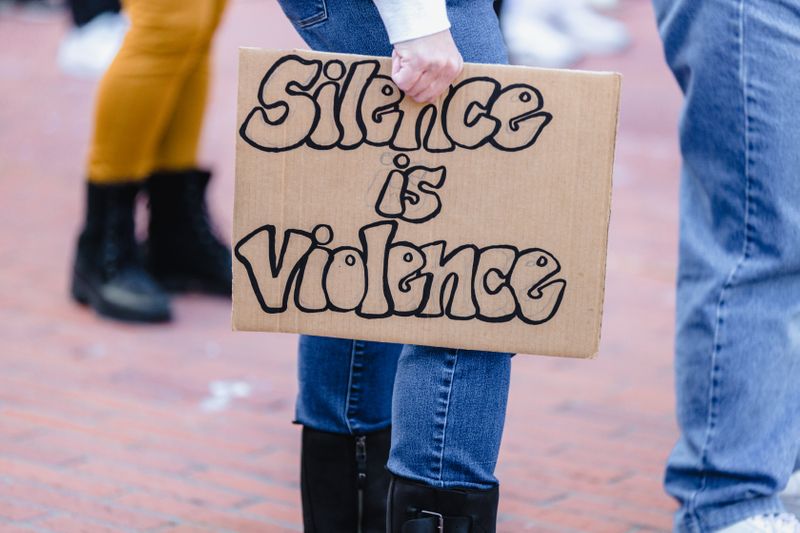 Photo by Jason Leung on Unsplash
Photo by Jason Leung on UnsplashCyberspace violence is in no way less dangerous than crimes in the real world!
We need to give ourselves the space to identify and eventually report a crime. Some of the most common cyber threats women come across in their daily lives are:

Cyberstalking involves use of digital means to follow someone's online activity, access their personal info and persistently contacting them online without their will.
It can also be done by "catfishing" the victim (pretending to be someone else for nefarious purposes) or hijacking their devices.
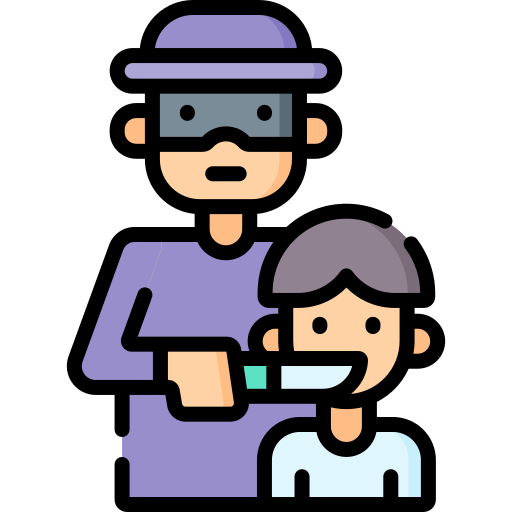
Voyeurism means being sexually aroused by watching a person naked or involved in a sexual activity, without the victim knowing.
It's mostly done by accessing the victim's private media without consent or hacking their devices such as webcams.

Pornography can be published and distributed online using morphed or real-life explicit clips of women, either by coercion or non-consensual means.

Morphing or deep-faking refers to seamlessly transitioning someone's pictures/videos to make them look like someone else.
It can be done to demean the victim's reputation or for pornographic purposes.
Quiz
What measures should women take if they feel like they're being cyberstalked, harassed, or bullied?
Can laws protect us?
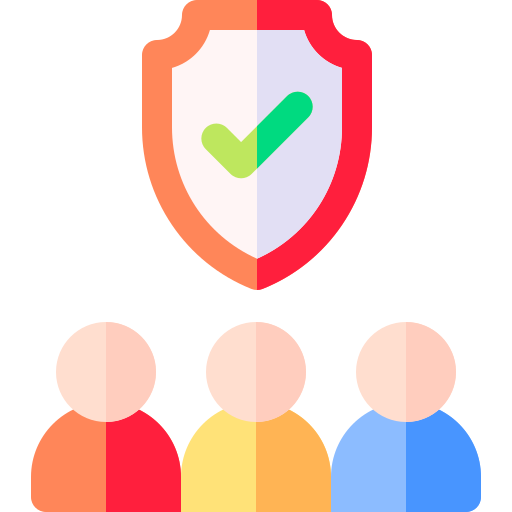 Right to privacy and security are fundamental human rights that are present in nearly every state law.
Right to privacy and security are fundamental human rights that are present in nearly every state law.
As per the right to life, the Universal Declaration of Human Rights charter respects and understands that access to privacy is significant for a citizen's freedom, constitutionally ensuring our safety.
But here's the catch!

The right to individual security and privacy was predominantly liable for enforcement in a physical sense. So what about cyberspace?
The comforting news is that most countries have made significant advancements in their cyber laws that ensure privacy protection for every individual.
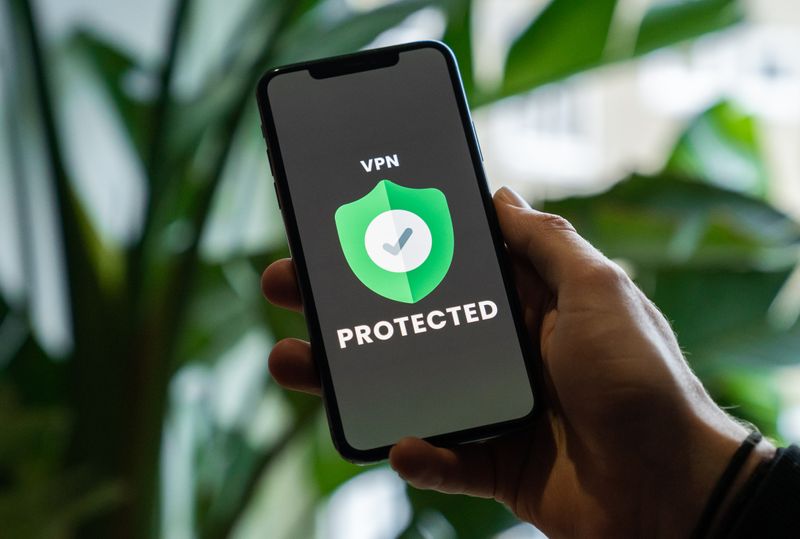 Photo by Privecstasy on Unsplash
Photo by Privecstasy on UnsplashNevertheless, be aware that most social networking websites store your user information within their servers. This can put these sites at risk and users like you in a vulnerable position.
The online world is an intricate place with lots of loopholes. So despite the existing laws for cyber-security, the only person who can safeguard you is YOU!
Take Action
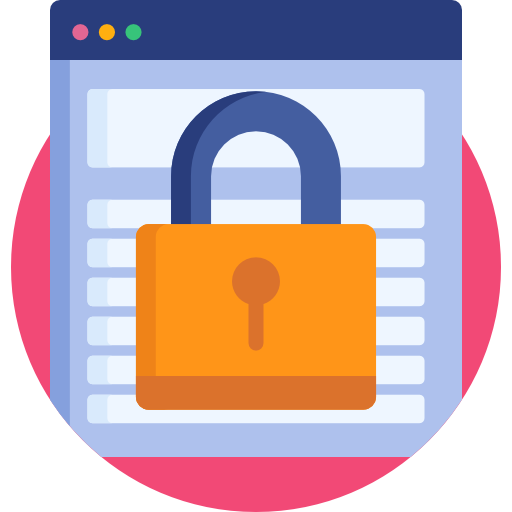 How can you ensure your own cyber safety?
How can you ensure your own cyber safety?
Your feedback matters to us.
This Byte helped me better understand the topic.
